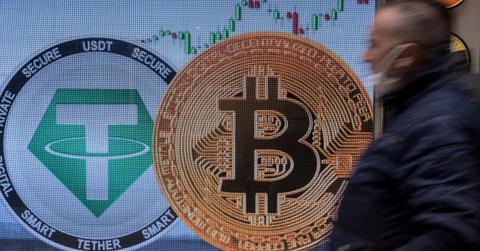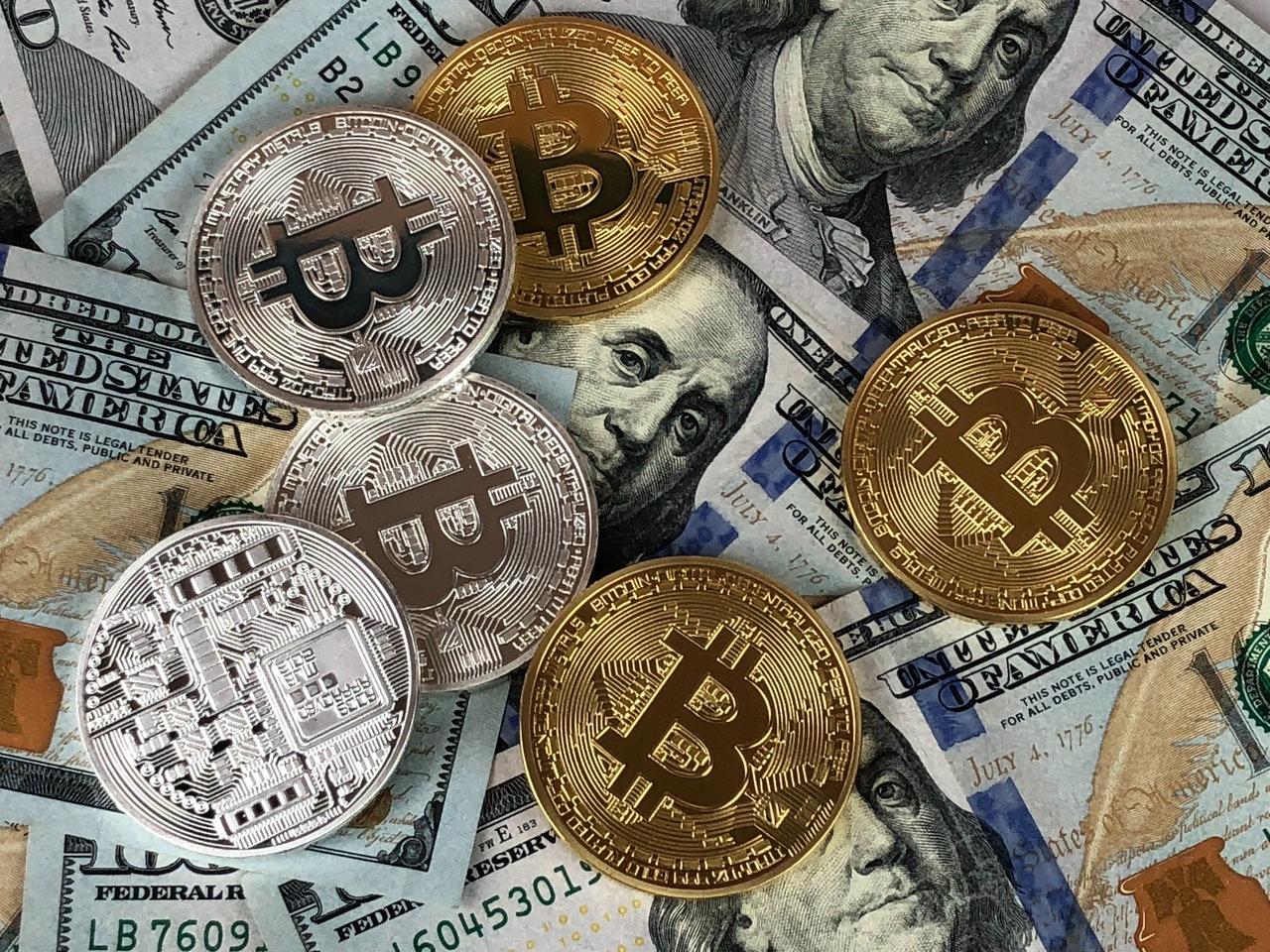What's Market Cap in Crypto and Why Is It Important?
There's a lot of jargon associated with cryptocurrencies including the market cap. What's the market cap in crypto and why is it important?
Feb. 7 2022, Published 12:31 p.m. ET
Cryptocurrencies are becoming a more popular asset class. Despite their extreme volatility, many investors see them as a store of value. There's a lot of jargon associated with cryptocurrencies including the market cap. What's the market cap in crypto and why is it important?
The view on cryptos is divided among investors and regulators. While some countries are looking to ban cryptos, others see them as an avenue to increase economic activity as well as the tax base. Some observers see cryptos as the future of finance, while others see them as a dead asset with no real-world utility or value.
What's the crypto market cap?
In simple terms, the crypto market cap is the market value of a cryptocurrency. It's derived by multiplying the total number of mined cryptos and the then prevailing market price. Since the number of mined cryptos and market price keeps changing, the crypto market cap also keeps fluctuating.
What's the total crypto market cap?
When we add the total market cap of all the cryptos, we get the total crypto market cap. In November 2021, the total crypto market cap surpassed $3 trillion, which was a record in itself. However, as cryptocurrencies have come off their 2021 highs, the total crypto market cap has shed $1 trillion and now stands near $2 trillion.
The crypto market cap is slightly different than the stock market cap.
Conceptually, the crypto market cap is similar to the market cap of stocks with some subtle differences. The headline market cap is similar for both assets. However, in stocks, we also have the fully diluted market cap, which accounts for dilutive securities like ESOPs.
In order to issue new shares, companies need stockholders' permission. While some cryptos like Bitcoin have a limited supply, others like Dogecoin have an unlimited supply.
How can investors use the crypto market cap?
There are several ways that the crypto market cap is a useful indicator, both on an individual and a collective level. The market cap of individual cryptos tells us the crypto's total valuation and it's a good indicator of the valuation.
The market cap of large cryptos, like Bitcoin and Ethereum, is particularly important. Bitcoin is the largest and the most popular crypto asset and its market cap signals its market domination. In 2021, some observers speculated that Ethereum’s market cap would surpass Bitcoin, which is known as “flippening” in crypto lingo.
Why is the crypto market cap important?
The crypto market cap is also a useful indicator to study the collective price action of cryptocurrencies. For example, the crypto market cap tells us that since early November 2021, the total crypto market cap has shed $1 trillion amid the rout in crypto prices.
Also, the crypto market cap is a useful indicator to compare it with other assets. Many crypto bulls see it as the “digital gold” and expect the total crypto market cap to rival gold, whose current market cap is around $11 billion. Gold's current market cap is the total overground gold reserves by current prices.
Some people also compare the crypto market cap to the total global stock market cap, which is around $125 billion. Will crypto eventually be established as digital gold and exceed gold's market cap? Many crypto assets seem to think so.


